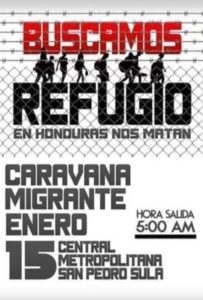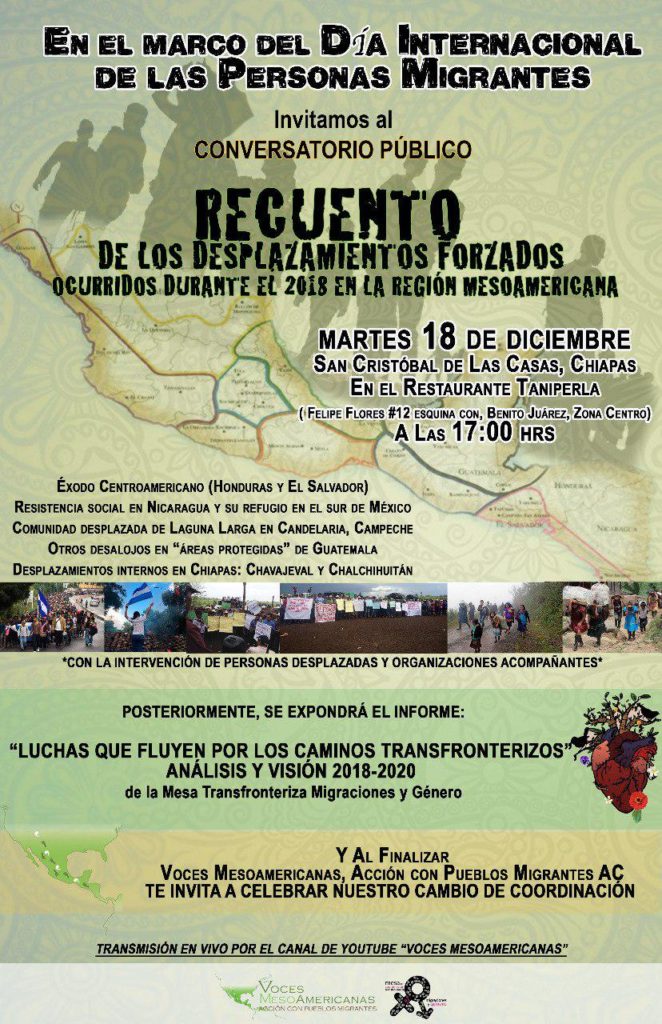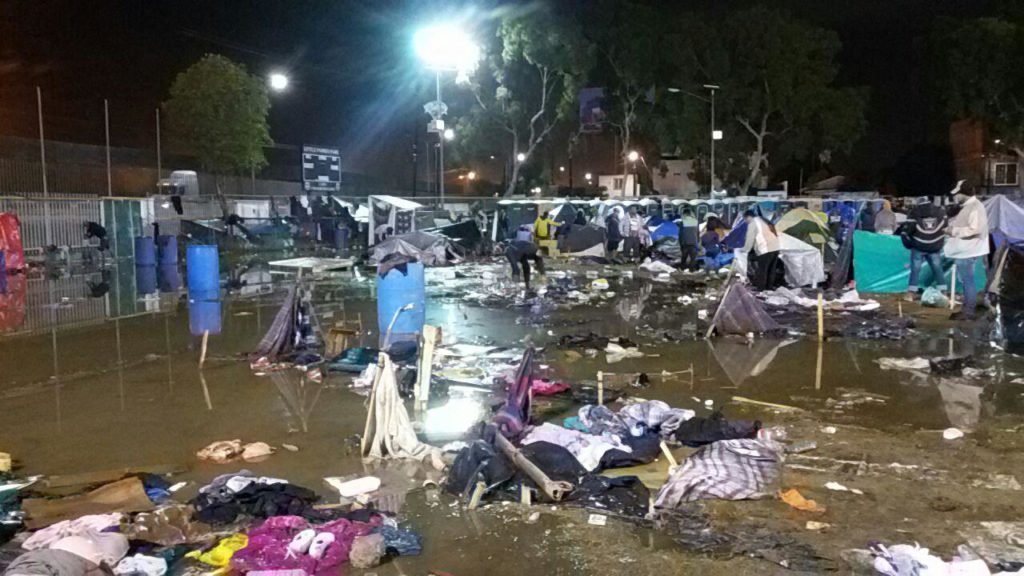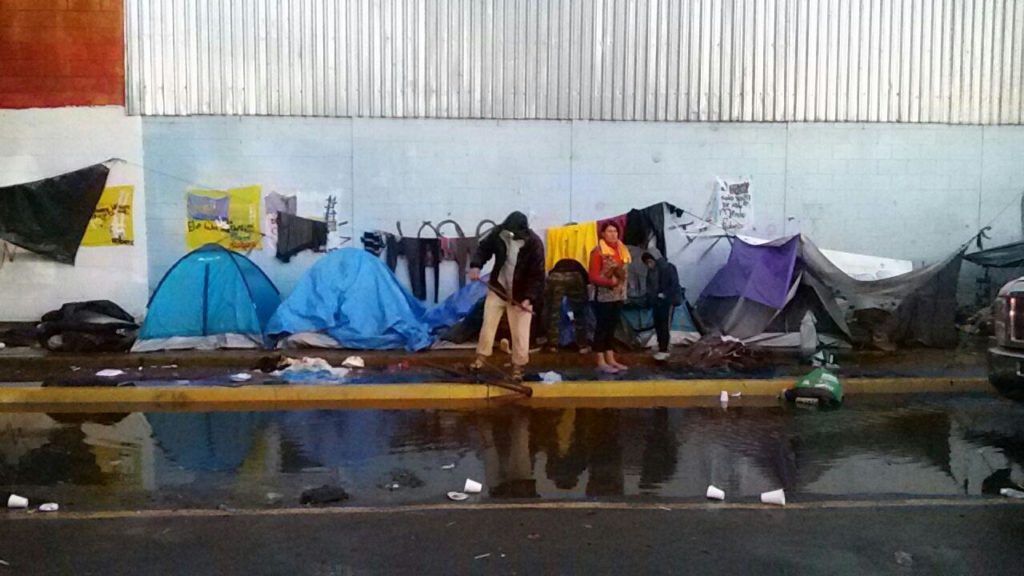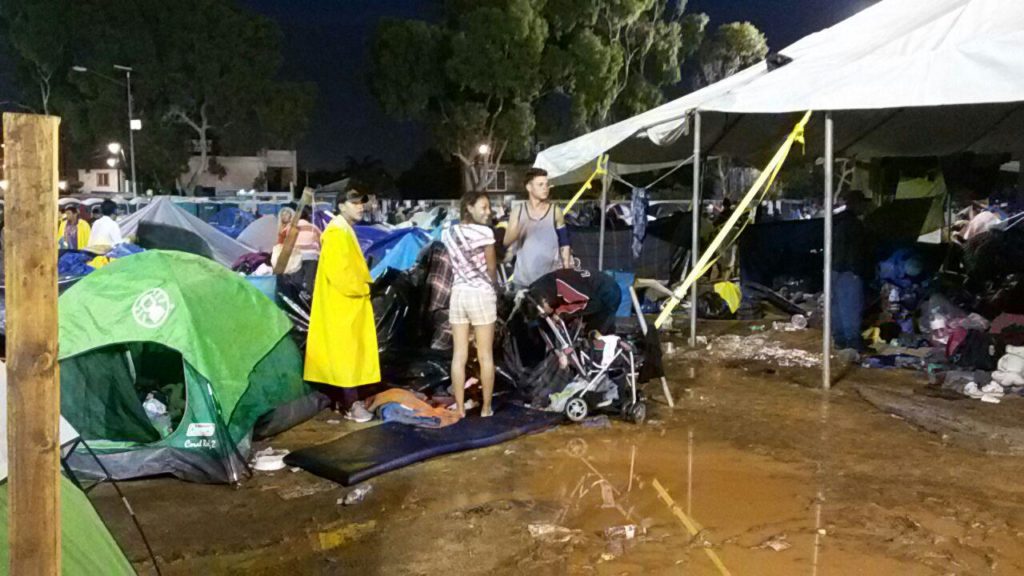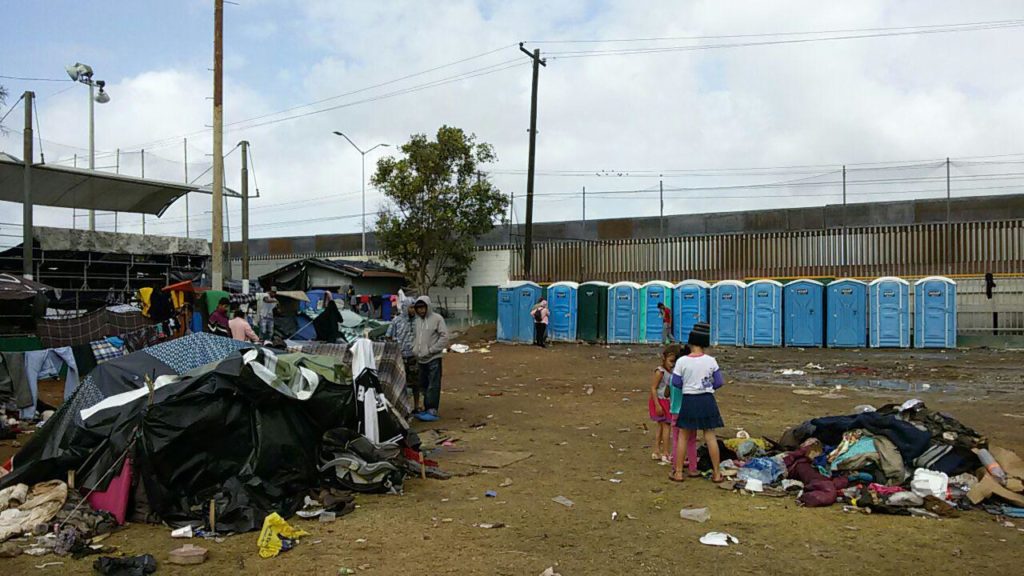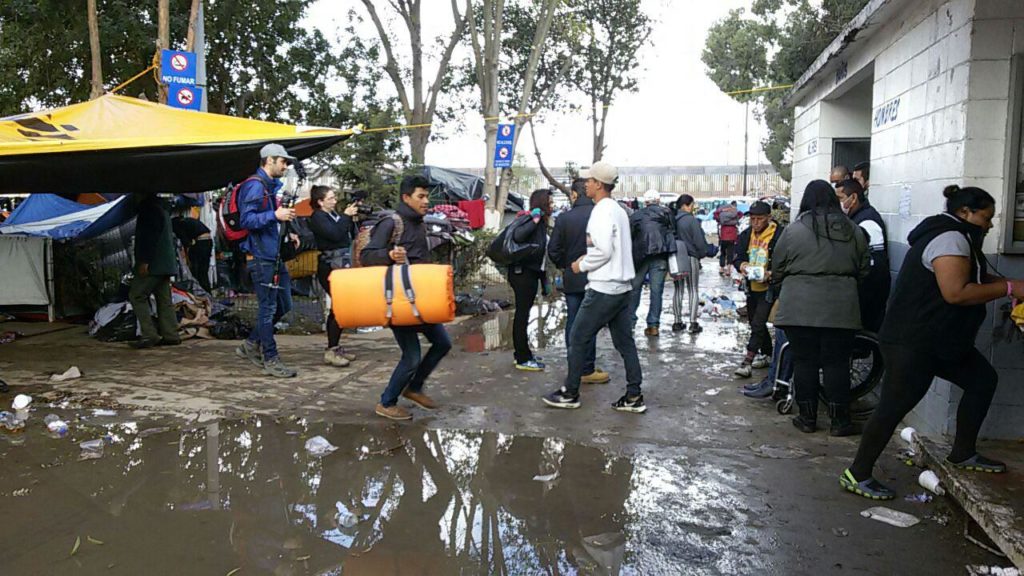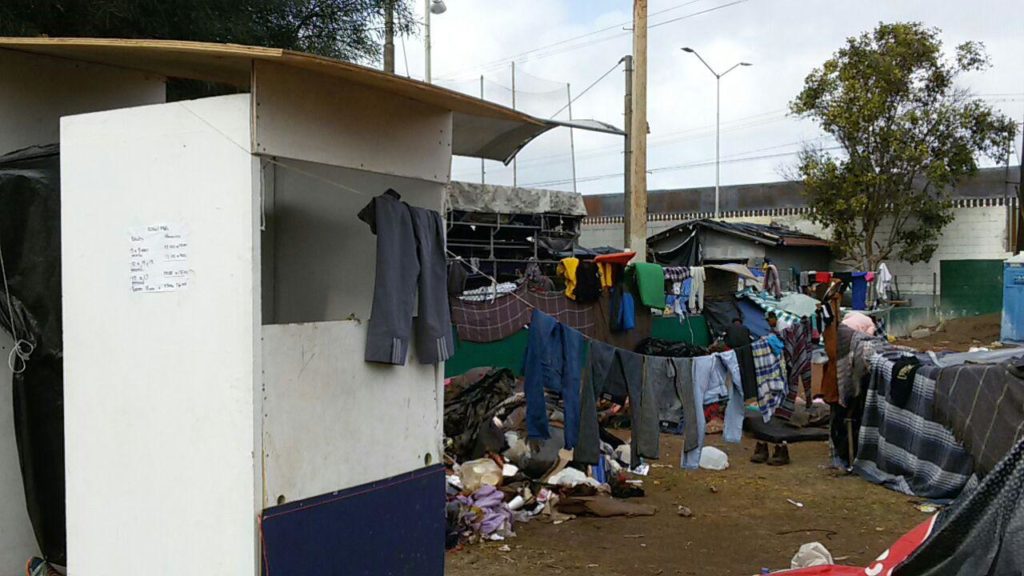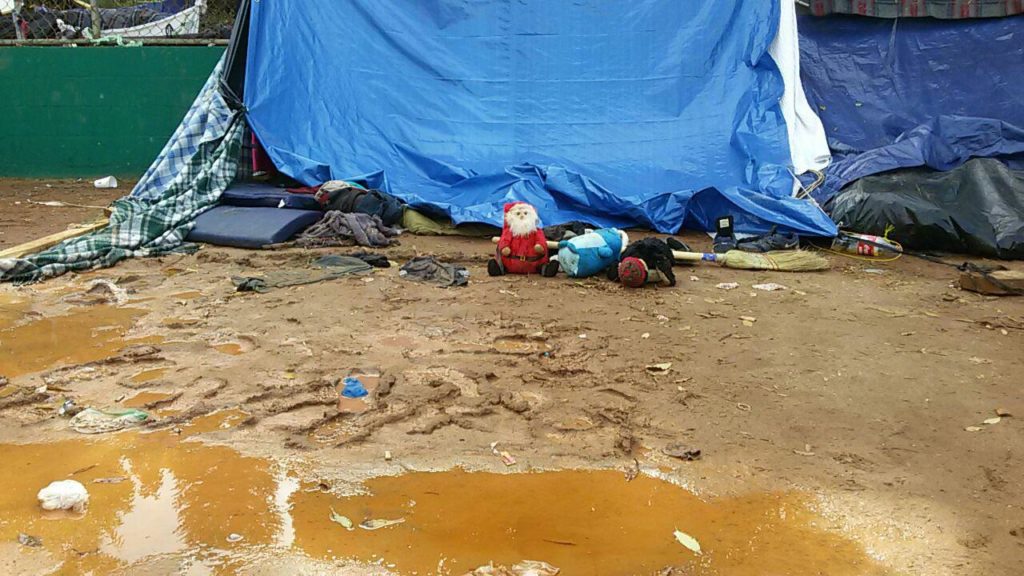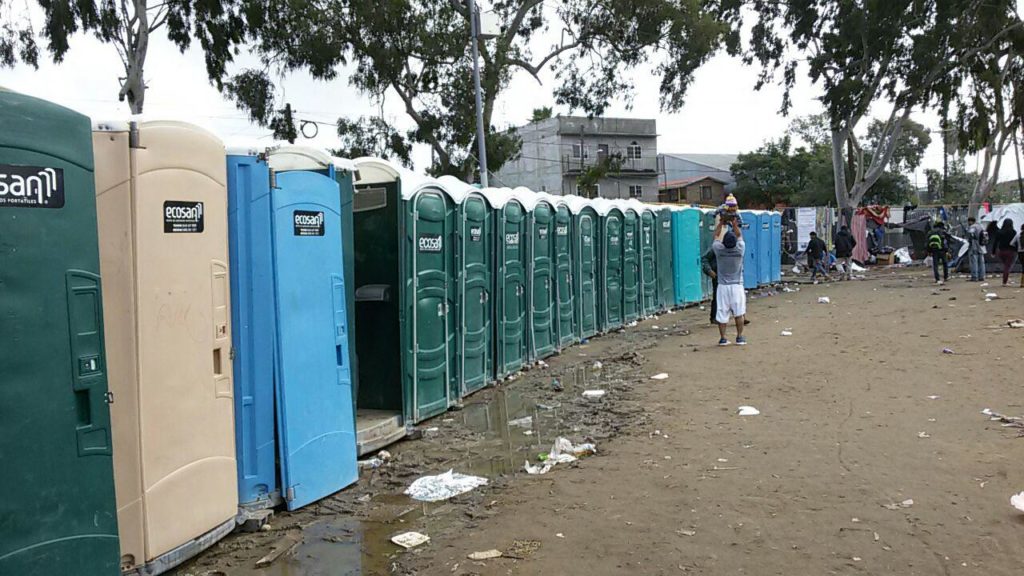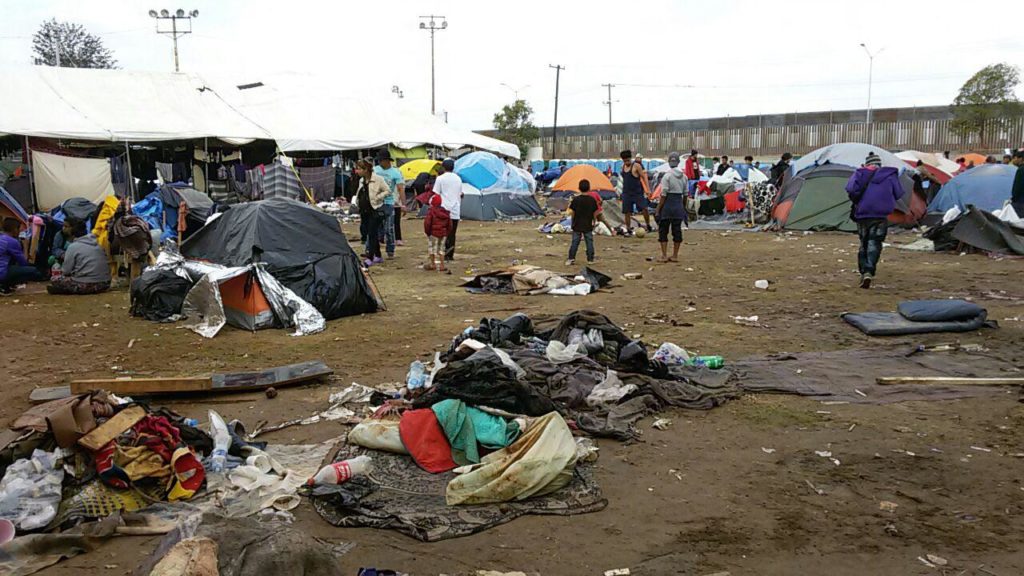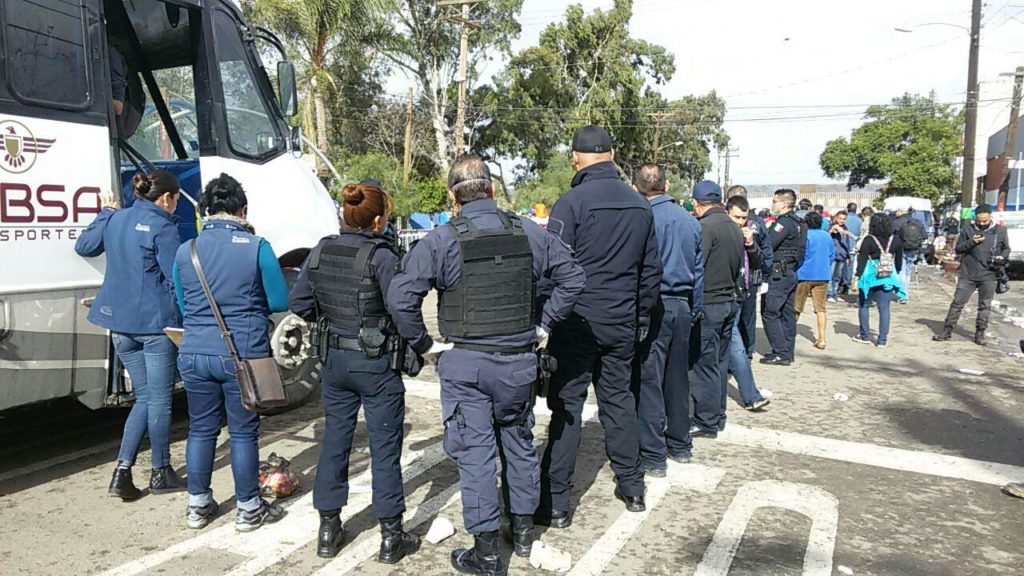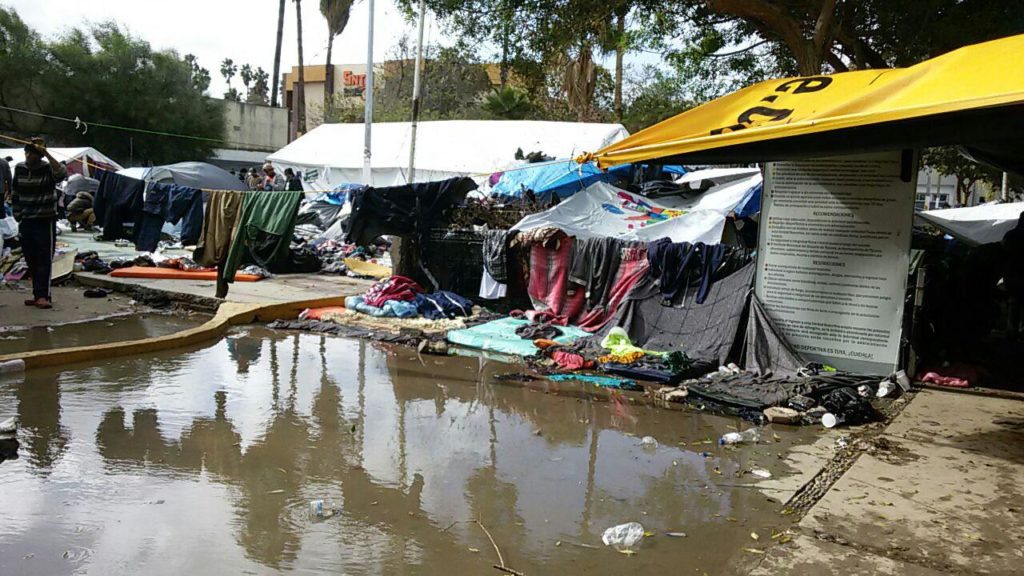
immigration

(Español) ‘Cacería’ de migrantes venezolanos en las calles de Ibarra, Ecuador
Fuente: La Hora
‘Cacería’ de seres humanos en las calles de Ibarra

Un video en las redes sociales muestra cómo tres sujetos corrieron al ver a la enardecida caravana, pero uno de ellos no logró llegar lejos y fue agredido por la turba.
Redacción IBARRA·
Como una ‘cacería de brujas’, como la inquisición. Así se desarrolló una revuelta ciudadana en la que hombres, mujeres y familias de venezolanos inmigrantes fueron vejados, insultados y golpeados por ecuatorianos, quienes justificaron su accionar a partir de la muerte de Diana.
Un video en las redes sociales muestra cómo tres sujetos corrieron al ver a la enardecida caravana, pero uno de ellos no logró llegar lejos y fue agredido por la turba. Algunos inmigrantes fueron llevados hasta el sector de El Olivo con la intención de que salieran del país.
La Comisión Ecuménica de Derechos Humanos (Cedhu), a través de su cuenta de Twitter, hizo un llamado a las organizaciones defensoras de los Derechos Humanos y a la sociedad civil, a pronunciarse por la no violencia, “ante el lamentable pronunciamiento del presidente, Lenín Moreno, sobre el femicidio ocurrido contra Diana en Ibarra”.
En horas de la mañana, Moreno anunció la creación de brigadas que saldrán a recorrer las calles para verificar la situación legal y migratoria de los venezolanos.
La turba llegó también al albergue municipal, situado en las calles Olmedo y Mejía, centro de Ibarra, donde decenas de personas ingresaron forzando a golpes la puerta de acceso al lugar que aloja a venezolanos, con el fin de sacarlas del lugar.
Ellos salieron precautelando su integridad y dejando sus pertenencias en el sitio, las mismas que fueron sacadas por los manifestantes hasta la mitad de la calle para luego prenderles fuego a manera de exigencia de salida. Ropa, enceres, entre otros fueron destruidos en el fuego.
El Gobierno anunció una cadena Nacional, programada a las 06:55 de este lunes, para emitir un nuevo pronunciamiento.

(Español) Nuevo éxodo migrante – Actualizaciones del 15 al 19 de enero
Una nueva caravana de migrantes salió de San Pedro Sula, Honduras, el lunes 14 de enero rumbo a México y Estados Unidos. Diversas organizaciones y colectivos han estado siguiendo el recorrido y reportando sobre la situación. Reproducimos aquí los reportes de los primeros días de esta nueva fase del éxodo migrante centroamericano.
Reporte del 15 de enero
Reporte del 17 de enero
Reporte del 18 de enero
Reporte del 19 de enero


